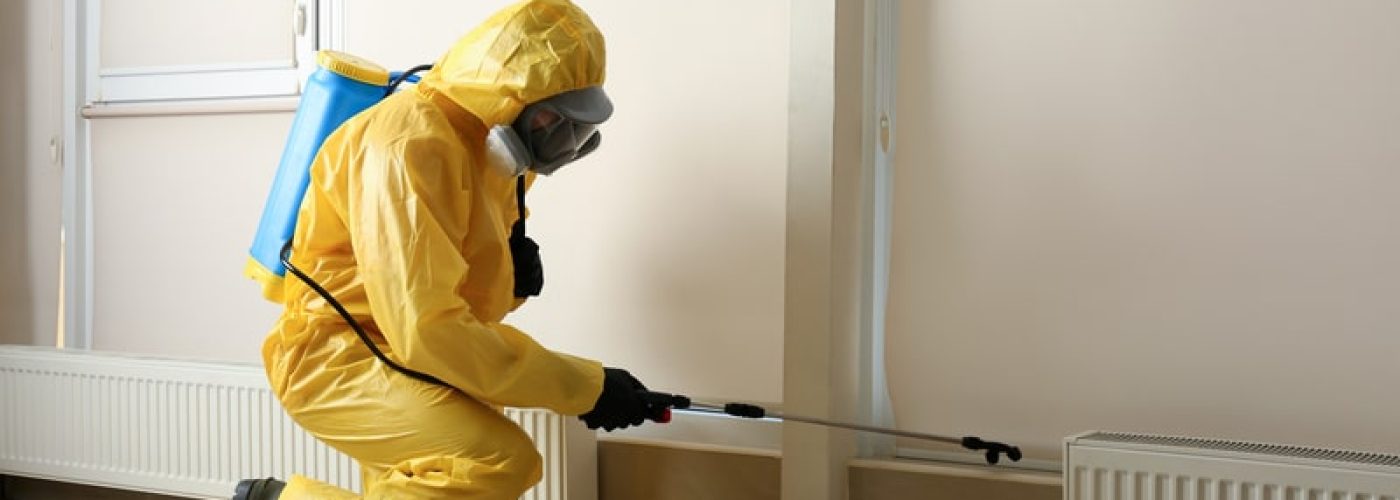Florida, renowned for its sunny beaches and tropical weather, also offers a distinct rainy season, especially in Jacksonville. While these downpours can bring a refreshing change from the heat, they also create ideal conditions for pests to thrive and infiltrate homes. As a homeowner, it’s crucial to take proactive measures to ensure your residence remains a sanctuary free from unwanted intruders. Here’s a comprehensive guide on how to pest-proof your home during Jacksonville’s rainy season.
The Pest Problem in Florida’s Rainy Season
The rainy season in Florida typically spans from May through October. The increased humidity and standing water sources create perfect breeding grounds for various pests, including mosquitoes, ants, cockroaches, and termites.
Additionally, heavy rains can drive pests indoors in search of shelter from flooding, thereby raising the risk of infestation. Given these challenges, many homeowners opt to hire an exterminator in Jacksonville who specializes in local pests and can provide targeted solutions. However, along with professional help, there are several DIY strategies you can implement to protect your home.
Seal Entry Points
Pests can slip through the smallest of openings, so it’s crucial to seal all potential entry points. Examine the exterior of your home for cracks in the foundation, gaps around windows and doors, and breaches in screens. Use weather stripping for doors and caulking for windows to seal gaps. Don’t forget attics and basements, as these are common entry points for rodents and insects.
Additionally, consider installing door sweeps and repairing any damaged screens. Taking these steps not only helps to keep pests out but also improves your home’s energy efficiency.
Eliminate Standing Water
Standing water is a breeding ground for mosquitoes and other insects. During the rainy season, monitor your property for areas where water collects, such as clogged gutters, flower pots, and low-lying spots in your yard. Make sure to regularly empty or treat these areas to prevent mosquito larvae from breeding.
Additionally, ensure that drainage systems are functioning properly and that water is directed away from your home’s foundation to avoid creating damp conditions that attract pests.
Maintain a Tidy Yard
Keeping your yard clean and well-maintained is an essential part of pest-proofing your home. Overgrown vegetation, piles of leaves, and unkempt lawns provide ideal habitats for pests. Regularly mow the lawn, trim bushes and trees, and remove any debris or clutter.
If you have firewood, it should be stored at least 20 feet from your house to prevent termites and other pests from using it as a bridge to your home. Also, consider using pest-repellent plants like lavender or marigolds, which can naturally deter insects.
Safeguard Food Sources
Pests often invade homes in search of food. To deter them, store food in airtight containers and regularly clean your kitchen and dining areas. Promptly dispose of garbage in sealed bins and ensure that pet food is not left out overnight.
In addition, check for any leaks under sinks or around appliances as moisture can attract pests. Regularly clean behind and under appliances to remove crumbs and residues.
Consider Professional Pest Control Services
Despite all preventive measures, some pest problems require professional intervention. If you’re facing a persistent or severe infestation, it might be time to call a professional. When you hire an exterminator in Jacksonville, they can provide tailored strategies for long-term pest management based on your specific situation and the local pest population.
Exterminators have access to professional-grade pesticides and tools that are more effective than over-the-counter solutions. Furthermore, they can conduct regular inspections of your property to identify potential vulnerabilities and address them before they become significant problems.
Conclusion
Pest-proofing your home during Jacksonville’s rainy season involves a combination of vigilance, maintenance, and professional assistance. By sealing entry points, eliminating standing water, maintaining your yard, safeguarding food sources, and considering professional pest control, you can significantly reduce the risk of pest infestations. Taking these steps will not only protect your home but also ensure a comfortable living environment regardless of the weather outside.





